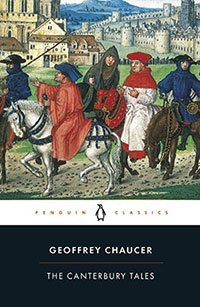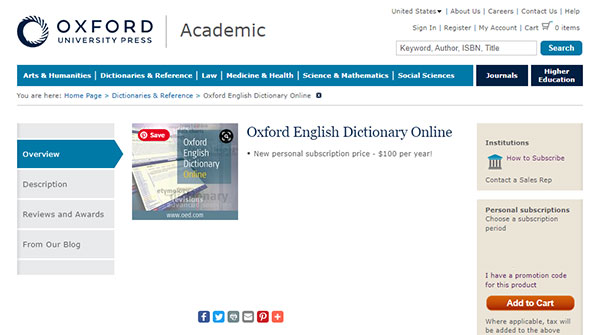As a writer of historical fiction and a former librarian, research has not been difficult for me and, in fact, I enjoy it. I also read (and have taught myself) a good bit of history. It is easy, then, for me to locate information and facts. But when setting a novel in a historical setting the issue always becomes what fact, what way of thinking, being, and talking, contributes to the story. Simply providing a fact without having it be intrinsically part of the story, converts the story into a textbook, something I don’t wish to do.
Because there are many ways to write historical fiction, a simple definition is hard to come by. In this context, I suggest you read: https://historicalnovelsociety.org/defining-the-genre-what-are-the-rules-for-historical-fiction/
One of the more intricate questions a writer of historical fiction must deal with is language. English, which has the largest vocabulary of any of the world’s languages, is constantly evolving, even as it has always absorbed words from other languages—which is why it has such a large dictionary.
One simple example; blunder, has evolved from the Old Norse word, blundra, which meant to shut one’s eyes. Even in this one word, you can make sense of the evolution of the word from past to present.
 My Newbery book, Crispin: The Cross of Lead, is set in 14th Century England. This is the time of Chaucer, and the English that was spoken is referenced as Middle English. Here is the way Chaucer’s The Canterbury Tales begins:
My Newbery book, Crispin: The Cross of Lead, is set in 14th Century England. This is the time of Chaucer, and the English that was spoken is referenced as Middle English. Here is the way Chaucer’s The Canterbury Tales begins:
Whan that Aprille with his shoures soote,
The droghte of March hath perced to the roote,
And bathed every veyne in swich licóur
Of which vertú engendred is the flour;
Aside from the fact that I can’t speak Middle English, and struggle to barely understand it, there was no way I could write the book in the English of that day. What I chose to do was learn the standard metrical form of English poetry of the day and attempt to replicate it so as to give the text a sense, a feeling, if you will, of another way of talking English.
All this is further complicated by the nature of my readers, for the most part, middle-school-age young people. Their vocabulary is—I have little doubt—often different from mine.
That said, I remember a writer of middle-grade fiction who once told me he had located a McDonald’s in his neighborhood. He often went there shortly before three-o-clock, took over a booth, and ordered himself a hamburger and soda. Then he waited for the post-school crowd to swarm in, and then he listened and took notes as to their way of talking, their slang, their new words, their exclamations.
There are all kinds of research.
One of the ways I deal with this is to have the Oxford Unabridged Dictionary of the English Language on my computer. Of enormous value is that it contains a Historical Thesaurus. This allows me to winnow words that were not used in a particular period of time. When I am writing I often check to see if the word I use was used at the time.
Thus, I am currently writing a historical novel that takes place in the American West in 1893. In the course of the story, something important and unusual happens. I have my character say, “Wow!”
I stopped and checked that word in the Historical Thesaurus. When did “Wow!” enter the English literary world?
It seems it was in 1513.


2 thoughts on “Wow!”
nice
cool